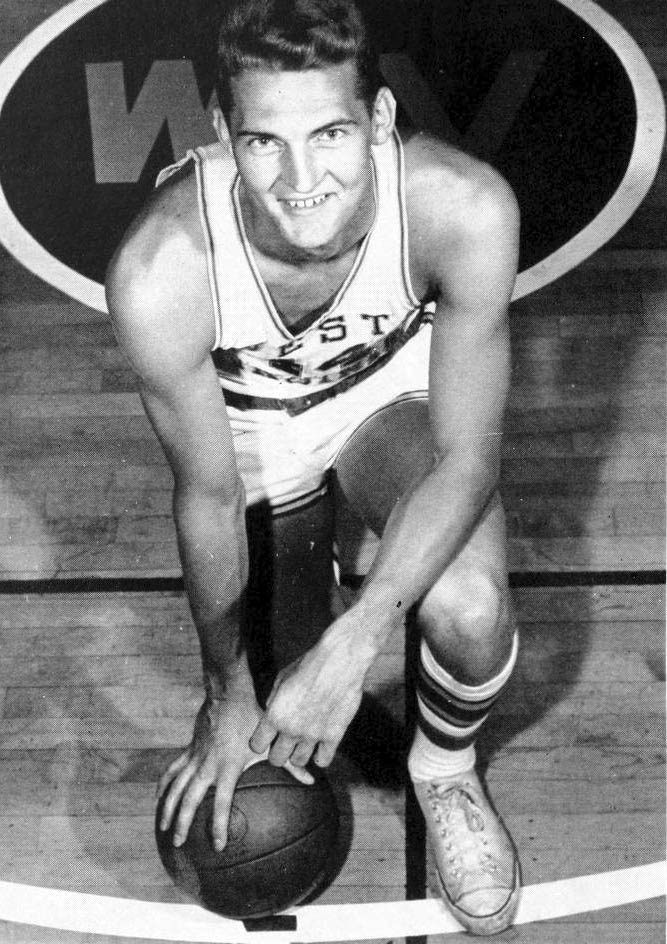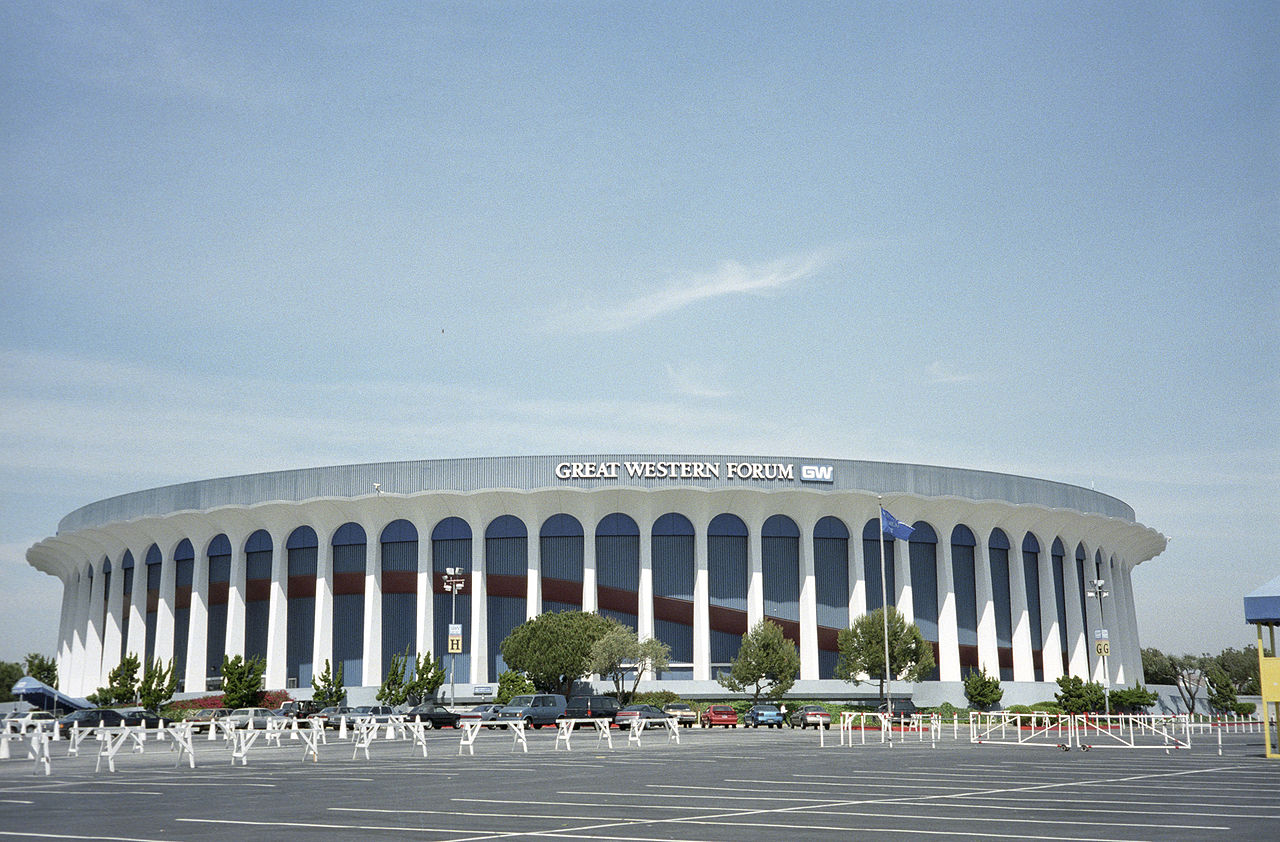Jerry West (Part 1)
Jerry West (Part 1)

Jerry West, born on May 28, 1938, is a legendary figure in basketball, known for his stellar career as both a player and an executive.
As a player, West was highly successful, spending his entire 14-year NBA career with the Los Angeles Lakers. He earned several nicknames, including "the Logo" for being the silhouette used for the NBA logo, "Mr. Clutch" for his ability to perform under pressure, and "Mr. Outside" for his perimeter play. West played as a guard and was known for his scoring prowess and defensive skills. He was a 14-time NBA All-Star and was selected into the All-NBA First and Second Teams 12 times. Despite being on the losing team, West was named Finals MVP in 1969, a testament to his outstanding performance. He also won an NBA championship with the Lakers in 1972.
Following his playing career, West transitioned into coaching and eventually became a highly successful executive. He served as the head coach of the Lakers for three years and later became their general manager. Under his leadership, the Lakers won six championships. West also had a stint as the general manager of the Memphis Grizzlies, where he helped the franchise achieve its first-ever playoff berths. He won the NBA Executive of the Year Award twice, once with the Lakers in 1995 and then with the Grizzlies in 2004.
West's contributions to the game of basketball have been widely recognized. He was inducted into the Naismith Basketball Hall of Fame in 1980 and was named one of the 50 Greatest Players in NBA history in 1996. In 2021, he was honored once again as a member of the NBA 75th Anniversary Team.
Beyond his own achievements, West's son, Jonnie, also followed in his footsteps and played college basketball for West Virginia, further solidifying the family's legacy in the sport.
Jerry West's upbringing was marked by hardship and tragedy. Born into poverty in Chelyan, West Virginia, he endured a tumultuous family life, with a father who was abusive towards him. West's father's abuse instilled fear in him, to the extent that he slept with a loaded shotgun under his bed for self-defense.
The death of his older brother David in the Korean War further traumatized West, turning him into a shy and introverted child. Despite his outgoing nature prior to this event, West became withdrawn and struggled with physical frailty, requiring vitamin injections and being kept away from sports to prevent injuries.
West found solace and purpose in basketball, spending countless hours shooting hoops in his backyard, undeterred by adverse weather conditions or his mother's reprimands for being late for dinner. His dedication and perseverance paid off when he attended East Bank High School, where he overcame his initial benching due to his height to become a standout player.
Under the guidance of his coach Duke Shaver, West honed his skills and emerged as one of the top high school players in West Virginia history. His scoring ability, particularly his mid-range jump shot, set him apart from his peers, earning him numerous accolades and leading East Bank to a state championship.
West's achievements on the basketball court brought pride to his school and community, with East Bank High School even temporarily changing its name to "West Bank High School" in his honor. His success laid the foundation for a remarkable basketball career that would see him become one of the greatest players and executives in NBA history.
Jerry West's collegiate career at West Virginia University (WVU) was nothing short of remarkable. As a freshman, he made an immediate impact, averaging 17.8 points and 11.1 rebounds per game while earning numerous accolades, including All-American Third Team honors.
In his junior year, West's performance reached new heights, averaging an impressive 26.6 points and 12.3 rebounds per game. He led WVU to the NCAA championship game, where despite a loss to California, West was named the Most Outstanding Player of the Final Four. He also represented the United States at the Pan American Games, winning a gold medal.
During his senior year, West continued his dominance on the court, averaging 29.3 points and 16.5 rebounds per game. He set numerous career highs and led WVU to another successful season. His exceptional play earned him additional accolades, including Southern Conference MVP honors.
Throughout his collegiate career, West demonstrated his tenacity and skill, recording impressive statistics and leading his team to numerous victories. He finished his WVU career with 2,309 points and 1,240 rebounds, averaging 24.8 points and 13.3 rebounds per game.
West's contributions to WVU basketball are still recognized today, as he holds 12 all-time records for the university. Additionally, he co-captained the U.S. men's basketball team alongside Oscar Robertson, winning a gold medal at the 1960 Summer Olympics.
Notes
- "Jerry West". National Basketball Association. Retrieved October 23, 2020.
- ^ "Jerry West Reveals His Actual Height". YouTube. Archived from the original on November 17, 2021. Retrieved April 3, 2018.
- ^ "Jerry West". Encyclopaedia Britannica. Retrieved April 3, 2019.
- ^ Sachare, Alex; Sloan, Dave (1988). The Sporting News Official NBA Register, 1988-1989. Sporting News Publishing Company. p. 352. ISBN 9780892042890 – via Internet Archive.
- ^ "NBA 35th Anniversary All-Time Team | Basketball-Reference.com". Archived from the original on May 15, 2021. Retrieved January 4, 2022.
- ^ NBA at 50: Top 50 Players at NBA.com. Retrieved February 1, 2022.
- ^ NBA’s 75 Anniversary Team Players at NBA.com. Retrieved February 1, 2022.
- "Jerry West Bio". NBA.com. Retrieved January 15, 2011.
- ^ Patrick, Dan (October 18, 2011). "Jerry West talks about abusive father and lifelong struggle with depression". DanPatrick.com. Retrieved January 30, 2020.
- ^ "Jerry West on considering suicide". Graham Besinger. Archived from the original on November 17, 2021. Retrieved December 14, 2017.
- ^ Ramen, Fred (2002). Basketball Hall of Famers: Jerry West. Rosen Publishing Group. p. 12. ISBN 978-0-8239-3482-9.
- Kiger, Fred W. (November 19, 2003). "More info on Jerry West". ESPN Classic. Retrieved January 15, 2011.
- a b Carter, Bob. "The also-ran was also a champion". ESPN.com. Retrieved September 22, 2008.
- ^ Poe, Shelly. "Willie Akers". http://www.wvusports.com, The Official Athletic Site of West Virginia University. Archived from the original on February 9, 2013. Retrieved October 8, 2012.
- "Jerry West Statistics". Basketball-Reference.com. Retrieved September 22, 2008.
























